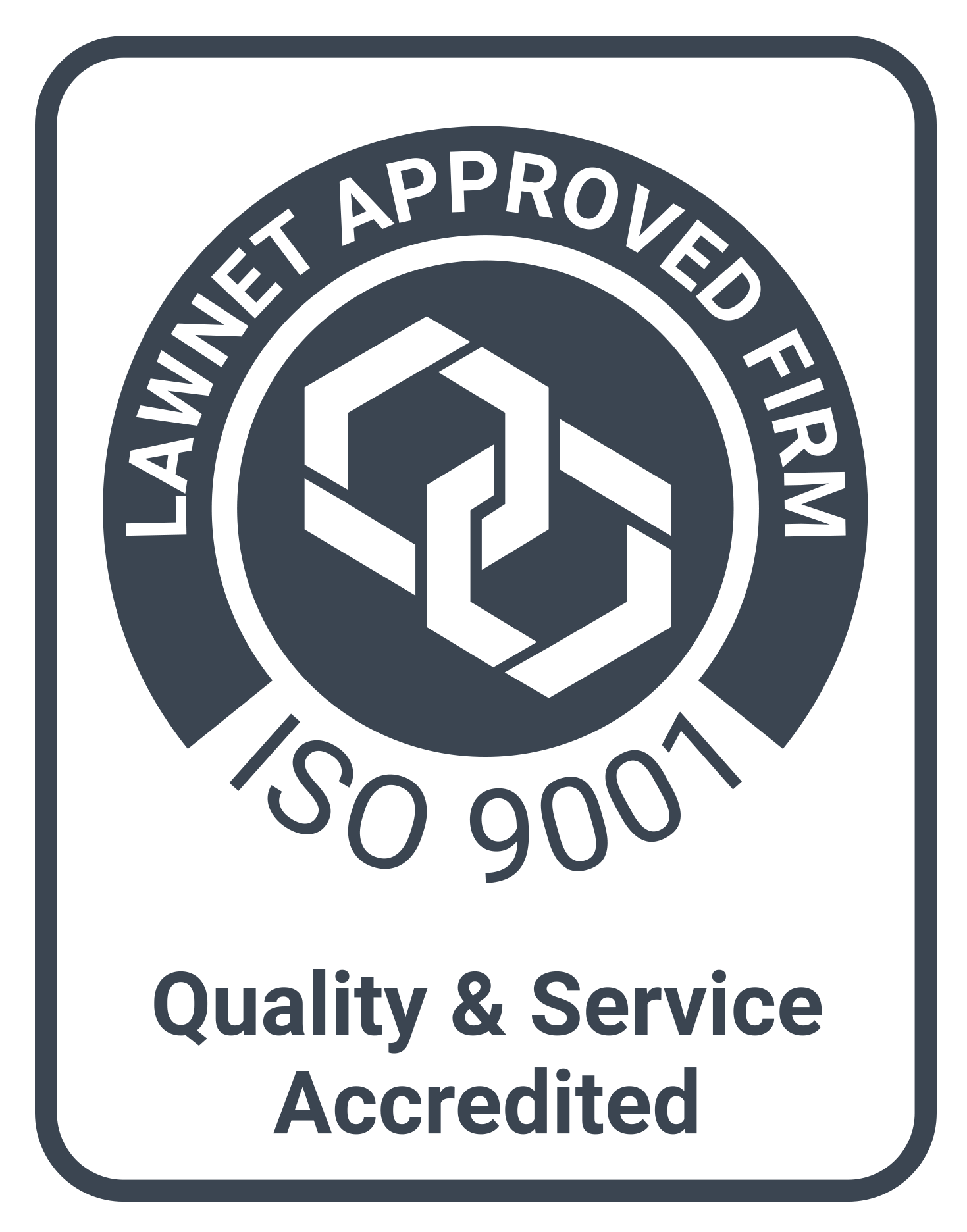A Tenant’s Quick Guide to Leasing a Commercial Unit
Agreeing a lease on a Commercial unit is a big step, so it’s wise to do some research to ensure you know exactly what to expect. In this quick guide we look at some of the issues to consider when entering the commercial property market.
1. Lease Term
As you would expect this defines the length of time you will be in occupation of the property and committed to the lease.
Questions to ask:
- Does the length of the lease match your business plans?
- Will you be able to renew the lease at the end of its term?
2. Amount of Rent
Probably the most important factor (combined with the lease term) in defining the financial viability of agreeing a lease on any retail unit.
Just the one question to ask:
- Can your business afford the rent for the full period of the lease?
3. Is there a rental review built into the lease?
A rental review clause defines key dates during a lease when the rental value can be reviewed and changed.
Questions to ask:
- How are rental reviews agreed, what say to you have?
- How would a rise in the rental costs impact your business model?
- Is it worth asking for a rental review clause to be added or removed?
4. Can you alter or make additions to the premises?
Clauses restricting alterations to rental premises usually relate to the building’s structure and not temporary elements such as partition walls or building dress and signage, however you should try to agree any changes in advance of signing the lease.
Questions to ask:
- Is the unit currently fit for your business or are alterations required?
- Will you be able to make alterations or fit out the property as you wish to or will consent from the landlord be required?
- Do you have any plans which would affect the structure of the building?
5. Protection of the Landlord and Tenant Act 1954?
The Landlord and Tenant Act 1954 defines the rights and obligations of both landlords and tenants in relation to any premises leased for business purposes, the act gives tenants the right to a new lease on the same terms as the existing lease at the end of the lease term.
Questions to ask:
- Will this right be included or excluded in the lease?
- What will your obligations be?
- What additional costs will this lead to?
6. Full repairing and insuring lease or Photographic schedule of condition?
Is the lease a full repairing and insuring lease or is repair liability to be limited by a photographic schedule of condition?
A full repairing and insuring lease requires the tenant to take on all the costs of maintenance, repair, and insurance of the property they are renting.
Repair liability being limited by a photographic schedule of condition means the tenant is required to keep the premises in good condition with a photographic schedule of condition highlighting any items in need of repair.
Questions to ask if it is a full repairing and insuring lease:
- Is the property in good condition?
- Can your business afford the repairs and insurance?
Questions to ask if repair liability being limited by a photographic schedule of condition:
- What is included in the schedule of condition?
- Who undertakes the schedule report?
- Who pays for the schedule report?
7. Is there a Break Clause?
A break clause enables either the landlord, tenant, or both, to end the lease early.
Questions to ask:
- Will a break cause benefit or hinder your business plan?
- What is the notice period for any break clause?
- Is it worth asking for a break clause to be added or removed?
8. Does the property include car parking?
Questions to ask:
- Do you or your clients/customers/staff need parking?
- Is there an additional cost for the parking?
- How many spaces do you have, where are they, are they shared?
- How will you manage deliveries and collections?
9. Lease of part or whole?
This defines whether you are leasing the whole or just part of the building.
Questions to ask:
- Do you require the whole building?
- Who are your neighbouring businesses and are they a good fit?
10. Are there additional charges?
As with most things, you may find that there are additional charges to be met. These could include (but are not limited to):
- Service charge
- Business rates
- Insurance liability
In all instances you should ask:
- How much are they
- When are they payable
We hope this Quick Guide to Leasing a Commercial Unit has given you an overview of what to research and consider if you are looking into renting a commercial unit. We would always recommend seeking legal advice at an early stage and our team of commercial property experts would be delighted to support you.
If you would like a free initial consultation with a member of the Commercial Property team simple click on the “Speak to Our Experts” button on this page, call us on 01244 356 789 or email info@cullimoredutton.co.uk
Please note: This is not legal advice; it is intended to provide information of general interest about current legal issues.


